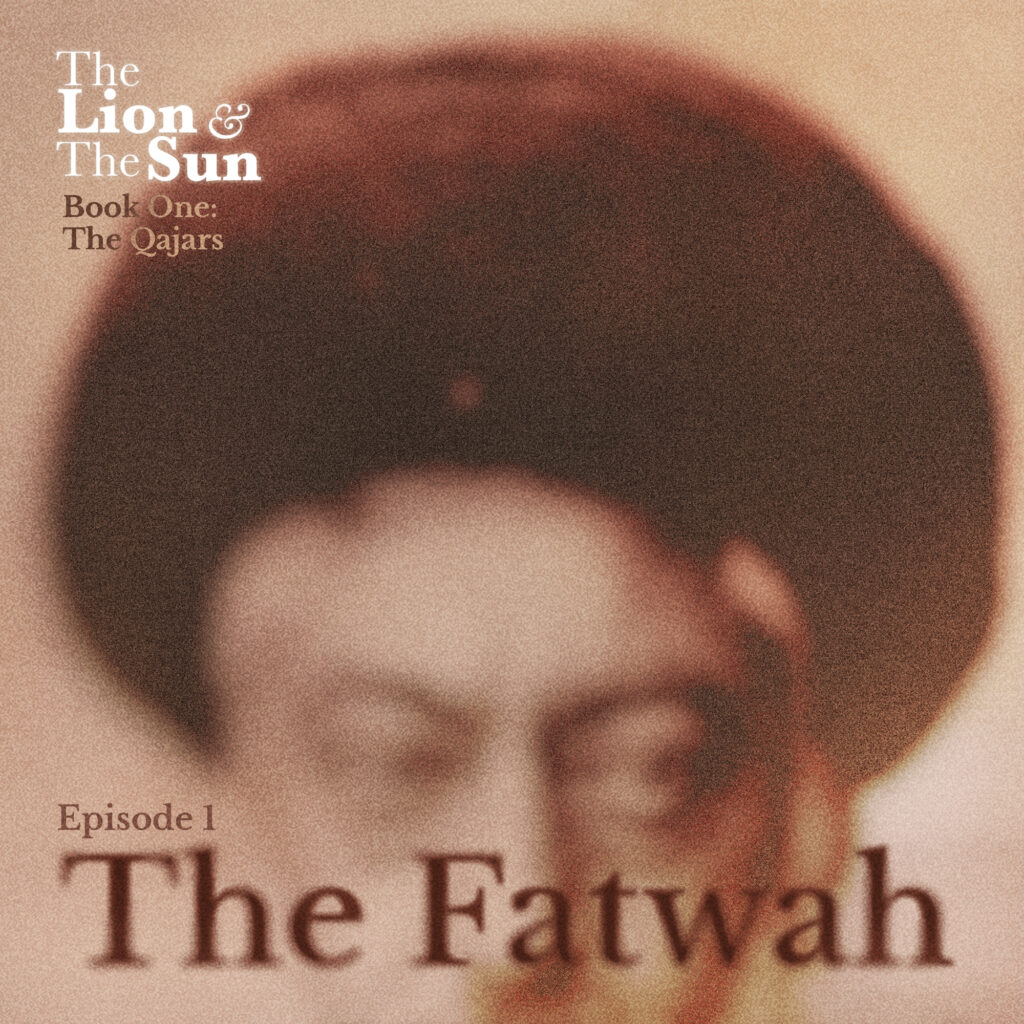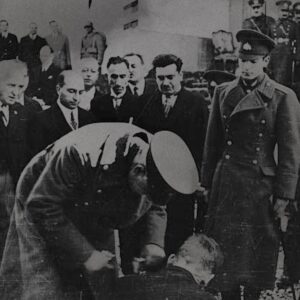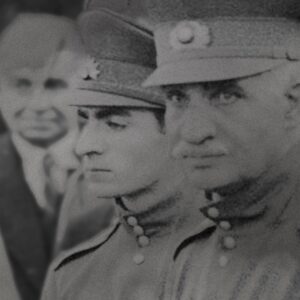Podcast: Play in new window
How a religious ban on tobacco jump-started the fight for Persia’s democracy. The story of the Qajar dynasty, their attempt at auctioning Persia’s resources and how Iranians came together to fight foreign influence and protect their right to smoke.
Episode Summary:
Nasir al-Din Shah and the Qajar dynasty ruled over Persia in the late 19th century. They were known for their lavish lifestyles and giving concessions to foreign powers like Britain and Russia.
Nasir al-Din Shah sold Iran’s entire tobacco industry to Major G.F. Talbot and the Imperial Tobacco Corporation of Persia in 1890. After this deal, the British had monopoly control over Iran’s lucrative tobacco trade.
In the aftermath of this deal, protests against the tobacco concession led by Persian merchants and clerics started. Persians were concerned about foreign control over the economy and the influx of Christian foreigners.
After seeing the anger, Mirza Hassan Shirazi, a powerful Shia marja, issued a fatwa banning tobacco use. This turned public opinion against the deal.
The boycott of tobacco in Iran after the fatwa was issued was successful as everyone stopped smoking immediately. Within a day, tobacco consumption ceased across the country. Even the Shah’s wives in the royal harem refused to smoke.
After 55 days of tobacco protests and boycotts that crippled the tobacco industry, Nasir al-Din Shah agreed to rescind the concession in 1892. However, this was seen as a major failure and sunk Persia further into debt.
Though limited in impact, the tobacco movement was seen as an important early victory against the monarchy and foreign domination. It set the stage for later constitutional and pro-democracy efforts in Iran.
Music:
- Difference – Kai Engel
- Suspense – Alena Smirnova
- Machinery – Kai Engel
- Dark Alleys – Kai Engel
- February – Kai Engel
- Never Ending – Alena Smirnova
For more information, read our blog or follow us on Instagram.








8 Responses
Very interesting to learn about this history. My only critique is that the reader sounds like she is reading – maybe she could try to read the material in a way that sounds like her natural speaking voice?
Enjoyed this. Learned much. Well done.
Great and timely information. I look forward to more.
Cannot get past the immature, high pitched voice of the narrator. She is reading clearly but does not understand what she is reading. Just words. I am very interested in this history. Terribly disappointed in this narration.
Thank you so much for your comment and feedback.
When we launched this project, we were new to podcasting, and throughout the first season, we focused on learning and improving our skills.
We’d love for you to give the podcast another try, starting with book two, and see if you find the narration more to your liking.
We also offer transcripts for all episodes alongside photos and other supporting visuals in our blog.
Thanks again for your input!
If a history of a different country is given, the pronunciation of the names and cultural acts should be pronounced correctly. Maybe an Iranian should review the pronunciation before going live into the podcast.
Hi Maryam, thank you for your comment. Our team includes Iranians who help write and produce the show, and before recording each episode, we do our best to get the pronunciations right. Since Farsi is our second language, we sometimes miss the mark. We’ve made an effort to improve this in our second season, and if you’ve listened to the full show, we’d really appreciate your feedback to know if you think it’s gotten better.